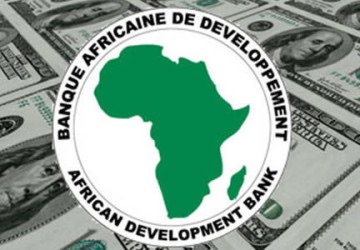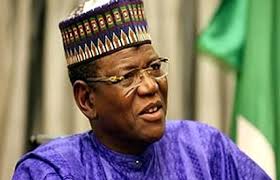Nigeria has recorded a cumulative illicit financial outflow of about $83.3bn in the past 51 years, Country Director, African Development Bank, Dr. Ousmane Dore, has said.
Dore said that the loss accounted for 5.6 per cent of total goods traded without proper invoicing in the last 51 years, between 1960 and 2011.
He spoke while delivering a paper entitled, “Domestic resource mobilisation for Nigeria’s development: Need for national compact against illicit financial flows” at a multi-stakeholders meeting on ‘Illicit financial flows out of Nigeria’ organised by a political think tank called Centre for Democracy and Development, in Abuja on Tuesday.
Dore added that the recent Global Financial Integrity report also ranked Nigeria seventh among the top 10 countries with highest illicit capital outflows in the developing world and first in Africa.
According to him, Nigeria in many decades experienced a very serious problem with trade misinvoicing, in the form of over-invoicing of imports and under-invoicing of exports for the purpose of shifting money out of the country.
He said: “Between 1960 and 2011, Nigeria experienced cumulative illicit financial out flows totalling $83.3 billion or 5.6 per cent of a total goods trade through trade through mis-invoicing only.
“Export under-invoicing takes the larger share of $44 billion while the balance of 39.3billion was due to import overinvoicing.
“In the literature, exchange controls has been identified as a basic driver of trade and misinvoicing in developing countroes, especially Nigeria, because they tend to create black markets in foreign exchange where foreign currenciess can be bought and sold at a preminum over official rates.
“For many in Africa, this has been a reality for decades. Depots, corrupt government officials and corrupt heads of state move billions of dollars from government coffers into lucrative, opaque bank.
“Others are illegal activities such as bribery, drug trafficking and similar illegal activities.”
Earlier, CDD Director, Idayat Hassan said the nation has sufficient resources to meet its developmental needs.
She said the illicit funds could be used to provide about 870,000 school, 400,000 hospitals among others.
She however, attributed the widespread illegal financial outflows to governance challenges including weak institutions, inadequate regulatory environment, lack of transparency and accountability.
Hassan said the situation had, for many years, strained the capacity of governments in various ways, thereby discouraging wealth creation and development-oriented policies.
She added that the situation has for many years strained capacities of the governments in various ways and discourages wealth creation to implement development policies, stressing that if the nation had judiciously used its resources, Nigeria would have achieved the Millennium Development Goals (MDGs) as the country prepares to transit to Sustainable Development Goals (SDGs).
“What has become obvious is that we have to redirect our efforts to fighting IFFS in Nigeria….for every $1 of foreign borrowing, on the average, more than $0.50 leaves the borrower country in the same year,” she said.














